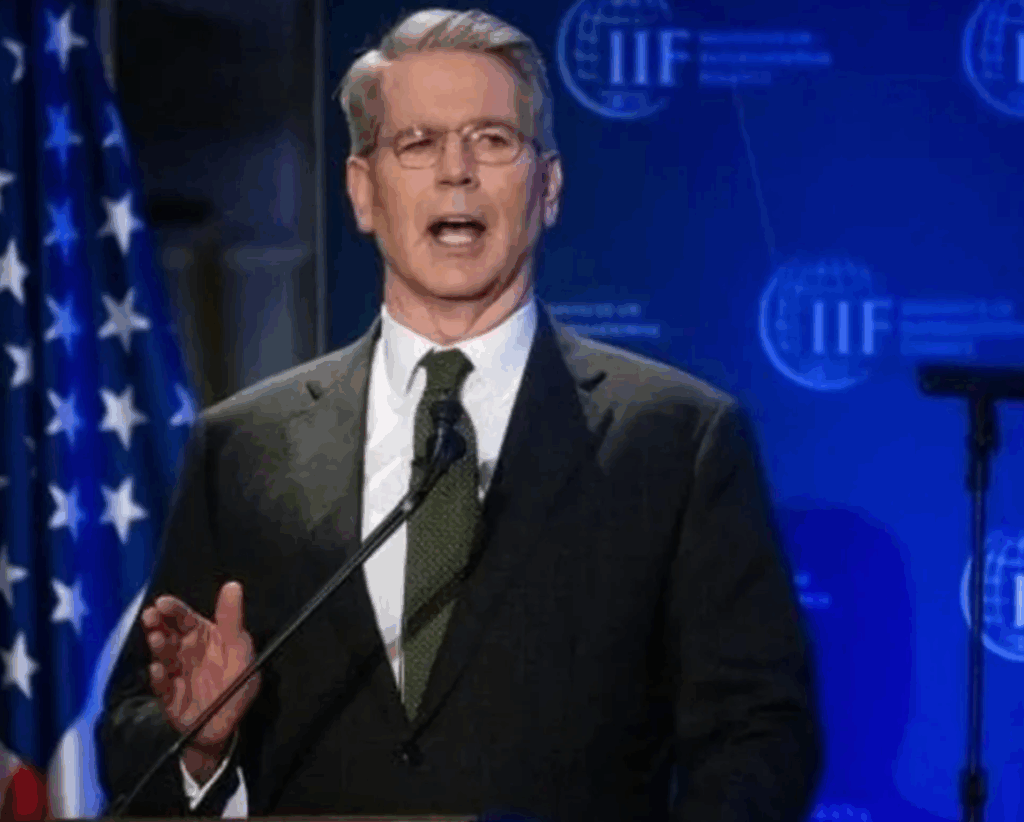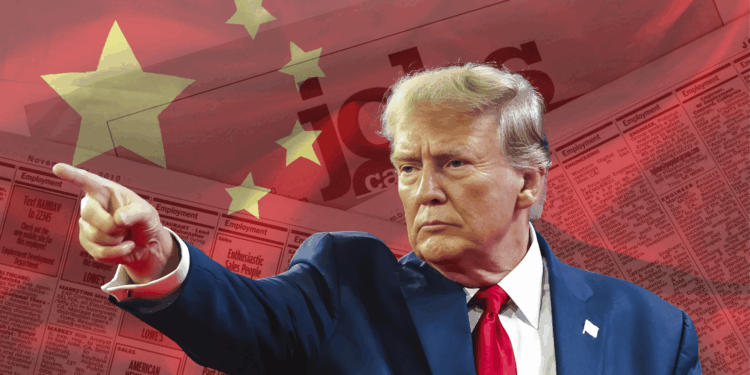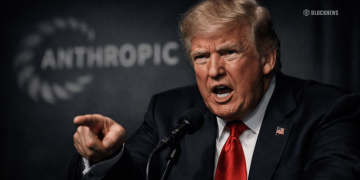- Treasury Secretary Bessent warned China could lose up to 10 million jobs if tariffs stay in place.
- The U.S. hiked tariffs on Chinese goods to 145%, while China retaliated with a 125% tariff on U.S. products.
- Trade talks with India, South Korea, and Japan are making progress, with a U.S.-India deal possibly close.
Treasury Secretary Scott Bessent didn’t mince words this week, warning that China could be on the verge of losing millions of jobs thanks to the growing tariff standoff with the U.S.
Speaking to reporters at the White House on Tuesday, Bessent said, “I’ve seen some really big numbers recently. If these tariffs stay, China could lose 10 million jobs fast — even with a reduction, they might still lose 5 million.”
He pointed out the U.S. runs a trade deficit, noting, “They sell almost five times more stuff to us than we sell to them, so the pressure’s really on them to drop these tariffs. It’s just not sustainable for them.”
How We Got Here: A Quick Recap
Back on April 2, President Trump rolled out widespread tariffs against a bunch of countries, slamming what he called “unfair” trade practices targeting the U.S.
After some heavy pushback, the White House tweaked the plan: On April 9, they jacked up tariffs on Chinese goods to a huge 145%, but eased up on other countries for 90 days with a 10% baseline tariff.
China didn’t sit quietly — they hit back by raising tariffs on American goods to 125%.
Eyeing Deals Elsewhere: India, South Korea, and Japan in Focus
While tensions with China heat up, Bessent also hinted that new trade deals could be around the corner — especially with India.
“They’ve been the most open to doing a deal,” Bessent said, mentioning that Vice President JD Vance’s trip to India last week made “very good progress” toward an agreement.
Talks are also moving forward with South Korea and Japan, signaling the U.S. might be ready to tighten its ties with other major Asian economies.

The White House said Vance and Indian Prime Minister Narendra Modi laid down a “roadmap for future discussions” during their April 21 meeting — a sign both sides are serious about deepening economic ties.














